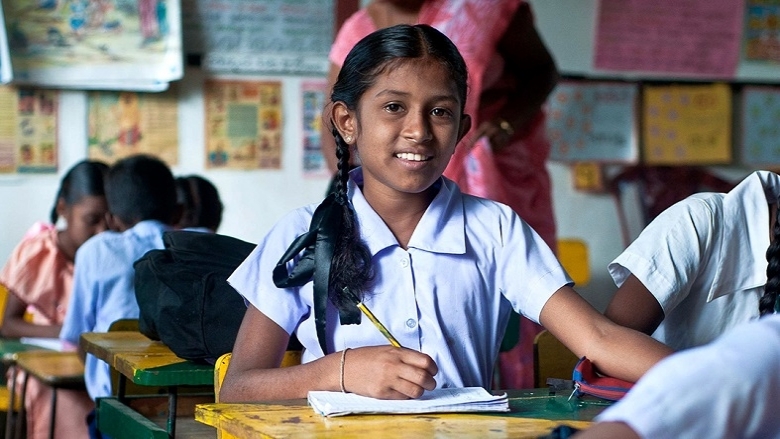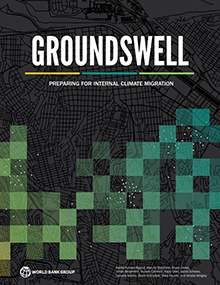Rapid changes and innovations in technology have been driving financial access and inclusion. The World Bank Group is on target to achieve its commitment of reaching 1 billion new account holders.
READ
A new report explores how countries can strengthen their resilience to natural shocks through a better reconstruction process.

READ
Having a child under age five at home makes Sri Lankan women 7.4% less likely to join the labor force than women without young children.

READ
Gabon rose 10 places in 2017 in the world ICT classification and is now the sixth most-connected country on the African continent.

Our Mission
The World Bank Group has two goals,
To end extreme poverty and promote shared prosperity in a sustainable way
Who We AreAccess the World Bank's portfolio of more than 12,000 development projects, including current and historical data since 1947.
Research
We provide analysis and advice for developing countries
View More Research and Publications Arrow






